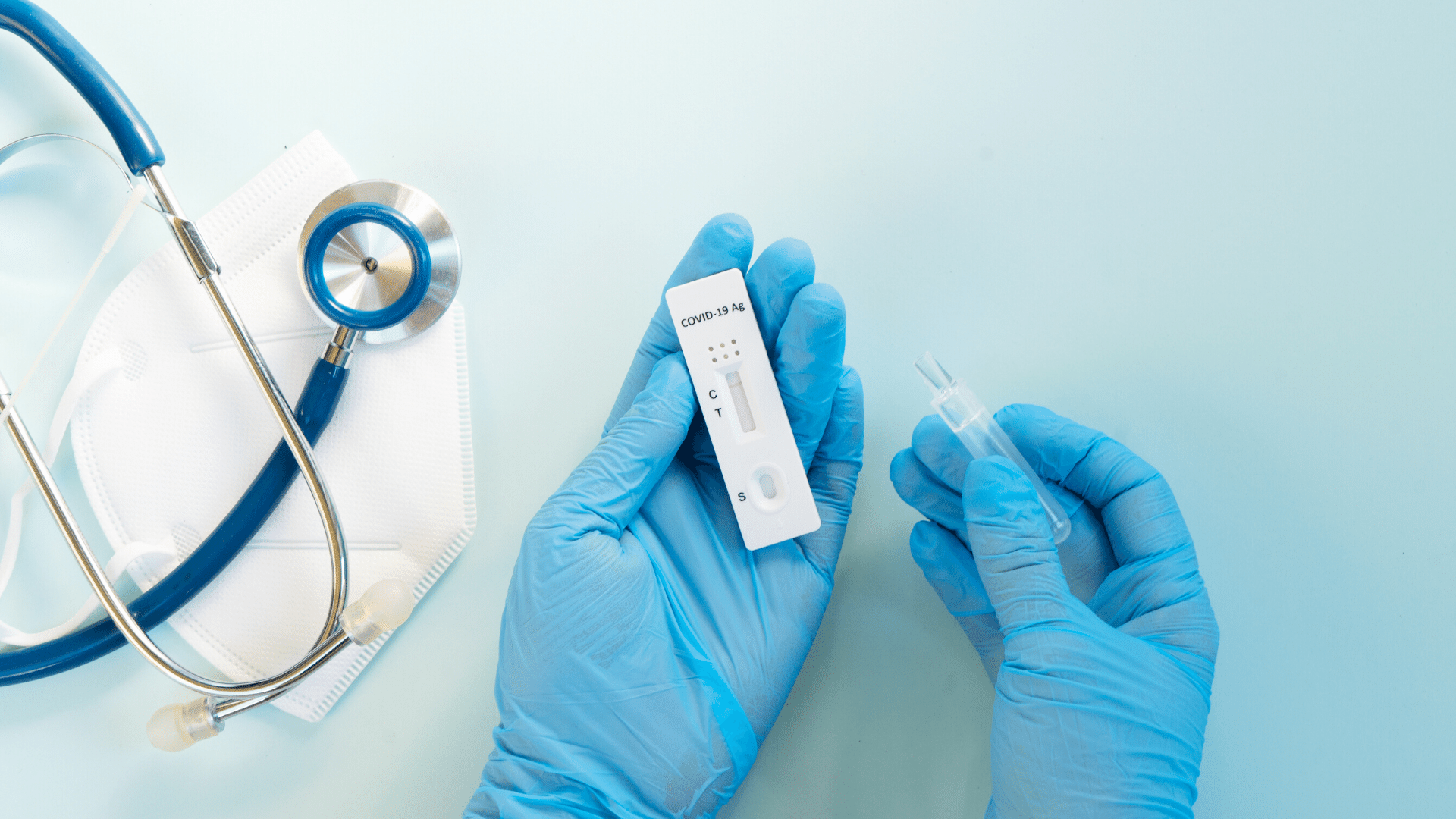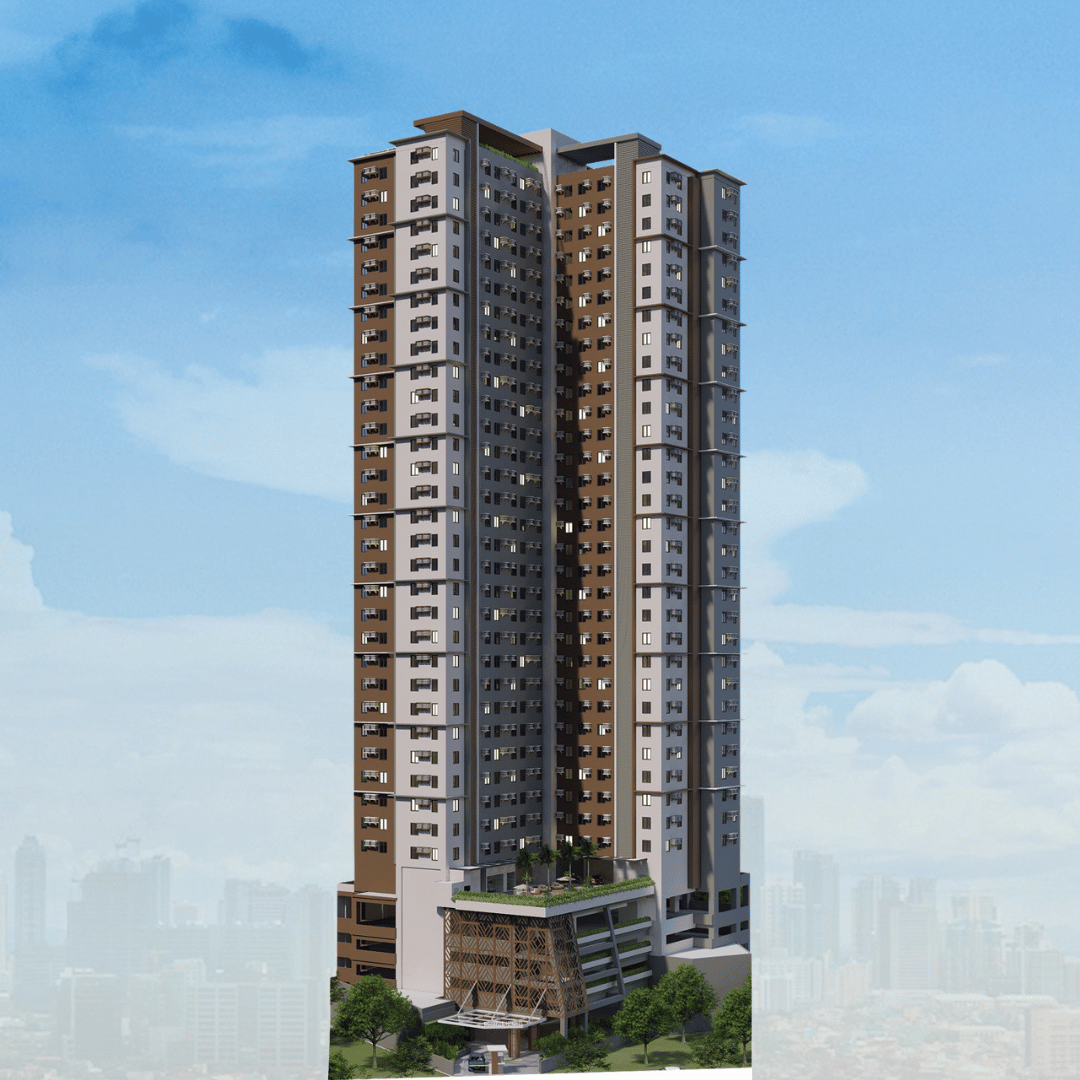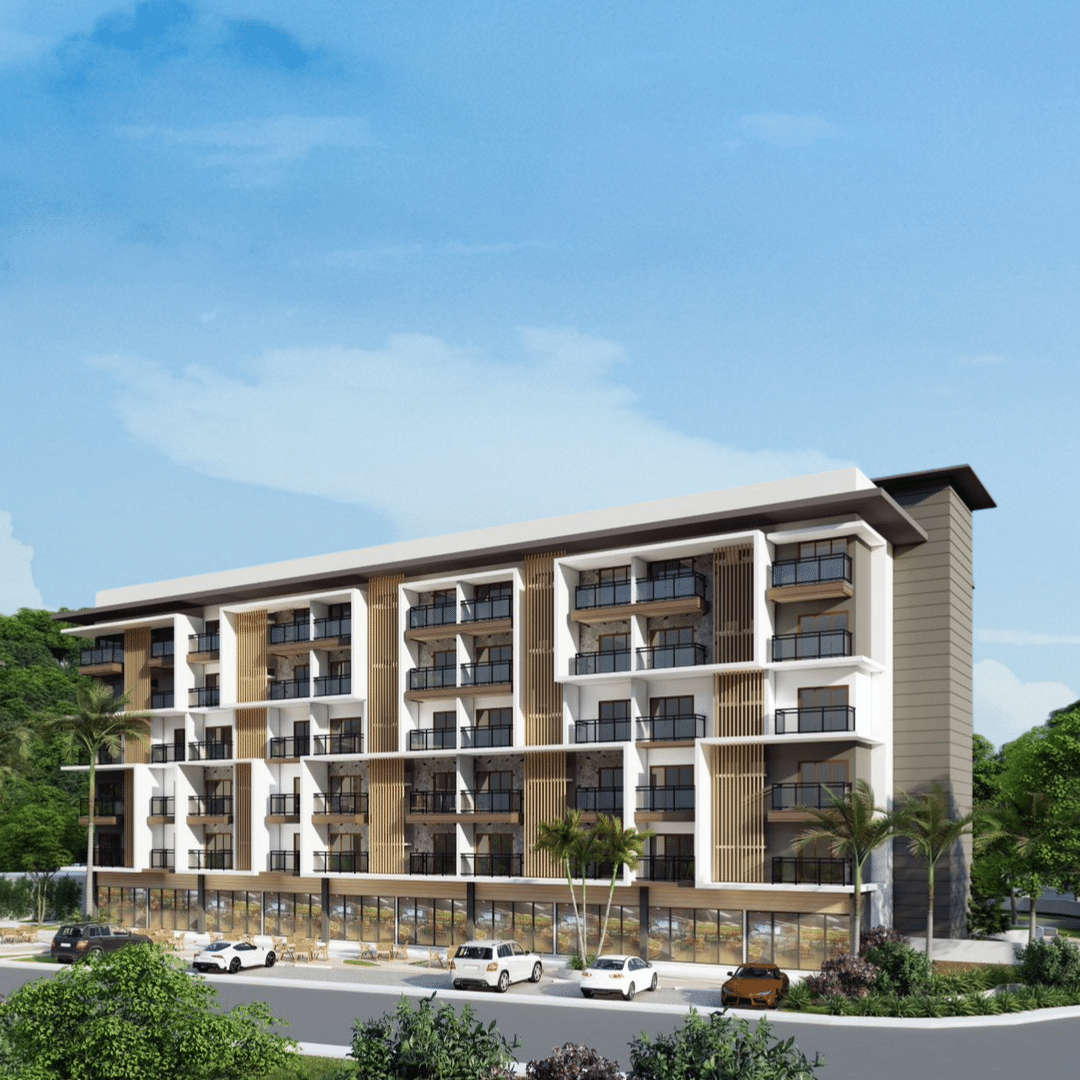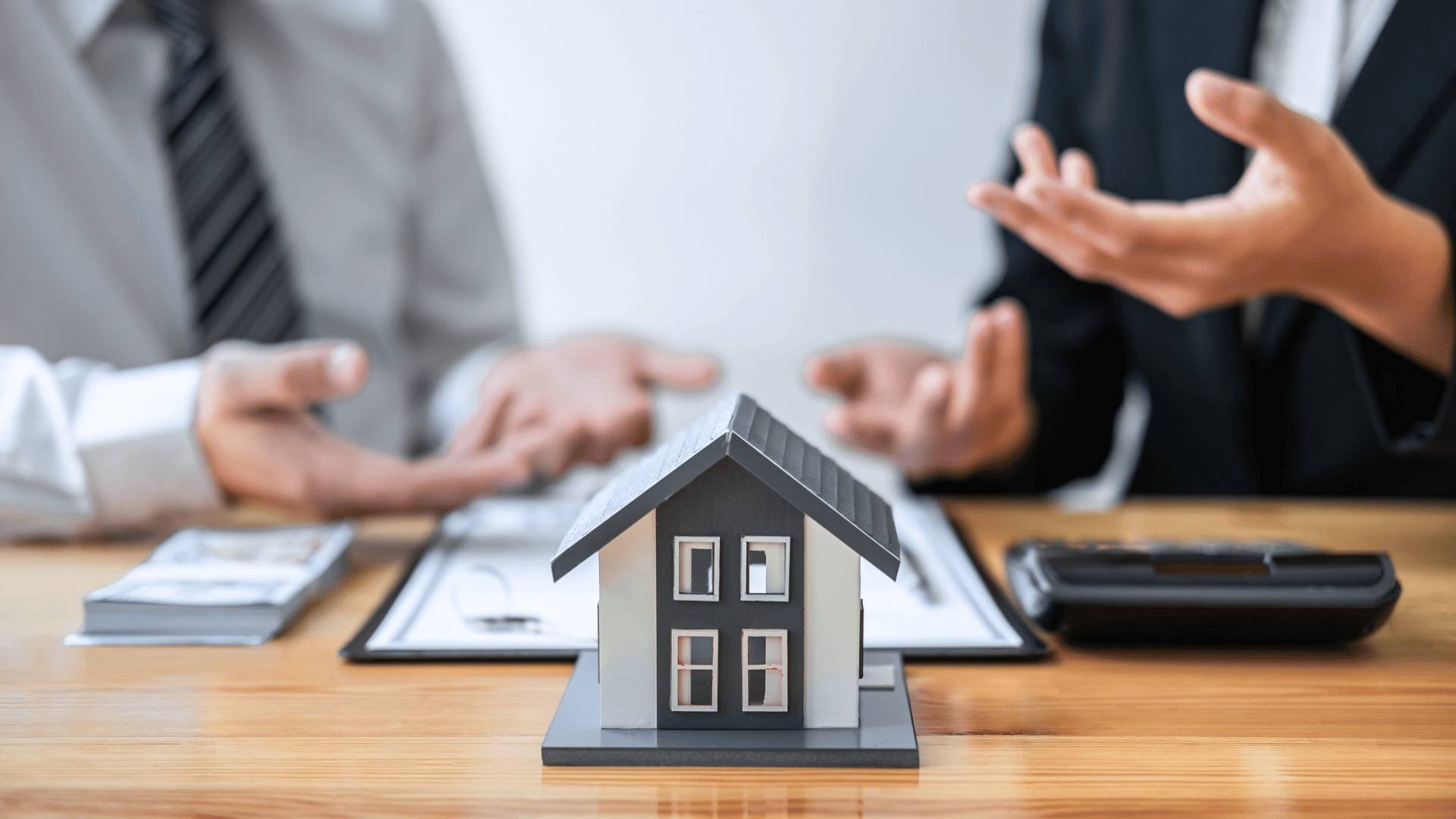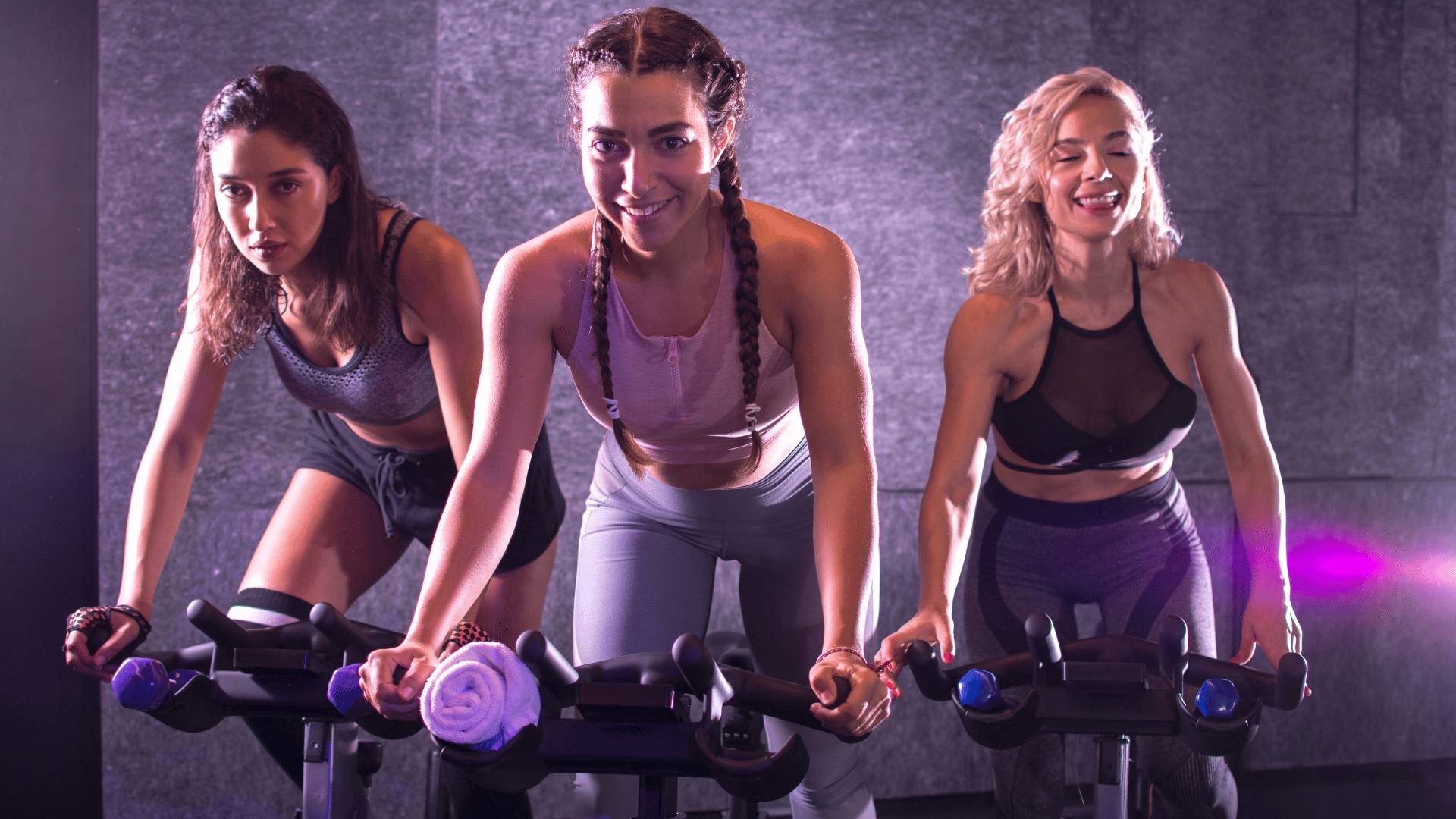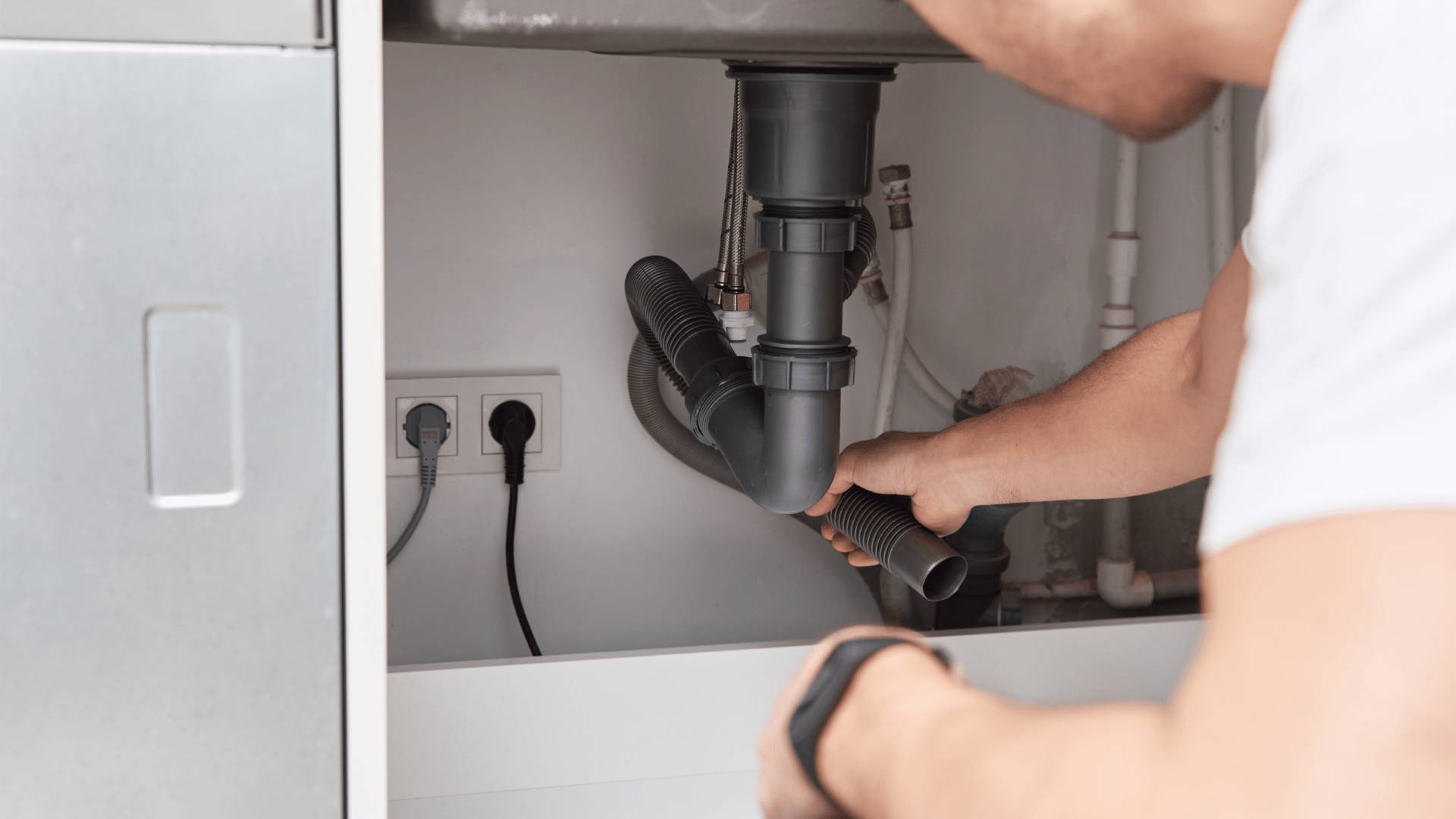As the cases of Covid-19 arise, the Philippines logged its highest number of active cases since October 2021 with a total of 128,114. New cases recorded daily were not less than 25,000 cases since January 08, 2022. Nationwide, the occupancy of COVID-19 beds remains at safe levels, but it is gradually increasing. In Metro Manila, occupancy rates of all bed types are above 50%, and ward beds are at 65% occupancy, which is already at a moderate level, based on the DOH’s latest bulletin.
With the threat and existing danger of the new variant Omicron that is most likely to spread more easily than the original SARS-CoV-2 and Delta, the Philippines is to expect a higher number of new cases for the next few days.
Testing is critically important to help reduce the spread of the virus that causes COVID-19. One of the major issues in the Philippines is the lack of affordable and accessible testing for the public. RT-PCR test in the Philippines costs around Php 3,800-Php 4,800 which makes it very inaccessible for the public.
If someone is in close contact and/or is showing symptoms of COVID-19, consider using an Antigen self-test that can be performed at home or anywhere else. Self-testing offers fast results, offering many risk-reduction measures, along with vaccination, masking, and physical distancing, that protect you and others by reducing the chance of viral transmission. To help prevent spreading COVID-19 to others, here are some basic information and guide about antigen self-test kits:
When to Consider Self-Testing?
Antigen self-test kit may be used if someone showed any COVID-19 symptoms or has been exposed or potentially exposed to an individual with COVID-19. Even if you don’t have symptoms and are not in close contact with an individual with COVID-19, using a self-test kit before gathering indoors can give you information about the risk of spreading the virus. This is important before gathering with unvaccinated children, older individuals, those who are immunocompromised, or individuals at risk of severe disease.
Some self-tests require repetition as per the manufacturer’s instructions. Performing two or more tests over several days with at least 24 hours between tests improves the reliability of testing and reduces your risk of transmitting the disease to others even further.
How to use Antigen Self-Test Kit?
Antigen self-test kit is a swab test for the nose and throat to check if someone is infected. If an individual with a suspected infection has experienced nosebleed, nasal, or facial surgery for the last 24 hours before testing, refrain from self-testing and let a professional handle the testing.
Make sure to test in a well-ventilated room, away from others. Place the cartridge on a flat surface and provide a mirror and a timer for guidance. Make sure to clean the testing area before and after performing the test to avoid further infection to others. Cleaning both hands is a must before performing the whole test. For nasal swab testing, insert the swab about 2cm into one nostril and rotate the swab 5-10 times against the inside wall of the nostril. Using the same swab, repeat for the other nostril. To proceed with the test, refer to the antigen’s specific instruction.
The result will be based on the manufacturer’s instructions. After the test, make sure to bag all the used items in the kit and place them into one paper bag or sealable bag. Ensure that the disposal bag is tightly sealed or tied to protect possible individuals that may come in contact with the bag. Labeling the bag could also help everyone to avoid opening the disposal bag.
What to do if you are Positive with COVID-19?
To help limit the spread of the disease, a positive individual should self-isolate immediately following government guidelines. Tell a healthcare provider about your positive test result and stay in contact with them. Wear a mask if others could have contact with you. If unable to self-isolate at home, immediately contact community officers to accommodate the covid-positive to quarantine centers. Advise close contacts to test for possible Covid-19 infection. If illness becomes severe, seek medical attention. If you have an emergency warning sign, including trouble breathing, seek emergency medical care immediately
What to do if you are Negative with COVID-19?
If a person took the test while having symptoms and followed all instructions carefully, a negative result means their current illness is probably not COVID-19, though it does not rule out a COVID-19 infection. However, it is possible for a test to give a negative result in some people who have COVID-19. This is called a false negative. You could also test negative if the specimen was collected too early in your infection. In this case, double or triple testing might be the best precaution.
Even if the test result showed to be negative, staying vigilant won’t hurt anyone. Continue to observe safety measures, practice good personal hygiene, social distancing, wear masks at all times, and get vaccinated and boosted.
Antigen tests are important in the overall response against COVID-19 as they can generally be produced at a lower cost than PCR tests and once multiple manufacturers enter the market, can potentially scale to test millions of Filipinos per day due to their simpler design, helping our country better identify infection rates closer to real-time.
If you have symptoms or had a known exposure to someone with suspected or confirmed COVID-19, you should be tested, regardless of your vaccination status. You may also consider Antigen self-testing to screen for COVID-19 immediately before an activity to see if you are positive for COVID-19.
This article is brought to you by Vista Residences. Vista Residences together with the Villar Group has contributed to the country in fighting against COVID-19. The Group has ordered vaccines from Moderna and Oxford-AstraZeneca for its existing workforce and their families and households. Helping each other during this time to begin the journey to economic recovery.
Vista Residences is one of the best options out there for people aiming for condo living. Vista Residences offers ready-for-occupancy condominiums located in prime locations in Manila and other cities in the country’s Central Business Districts wherein the quality of living is guaranteed amicable. Vista Residences, being one of the Philippines' top-tier condominium builders, has catered to the demands of young professionals, students, new families, and businessmen in terms of convenience, security, comfort, and access to practically everything they require in their daily lives. Developing high-end leisure condominium buildings that let its users customize their own condo design up to their own limit. If you are planning to buy or invest in real estate, Vista Residences offers condominiums with easy access to numerous commercial districts, restaurants, and recreational places that should keep an eye on these upcoming projects.
For more information on Vista Residences, email info@vistaresidences.com.ph, follow @VistaResidencesOfficial on Facebook, Twitter, Instagram, and YouTube, or call the Marketing Office at 0999 886 4262 / 0917 582 5167.
